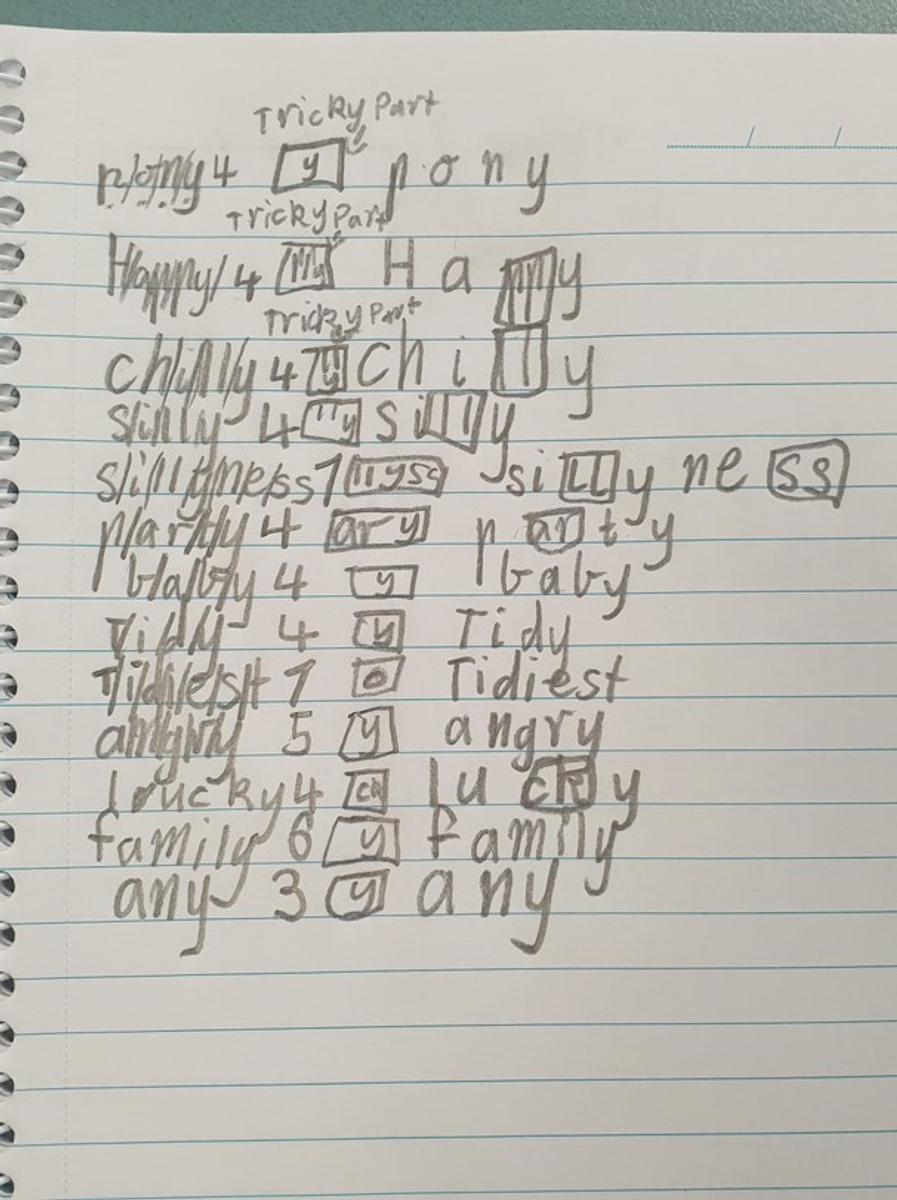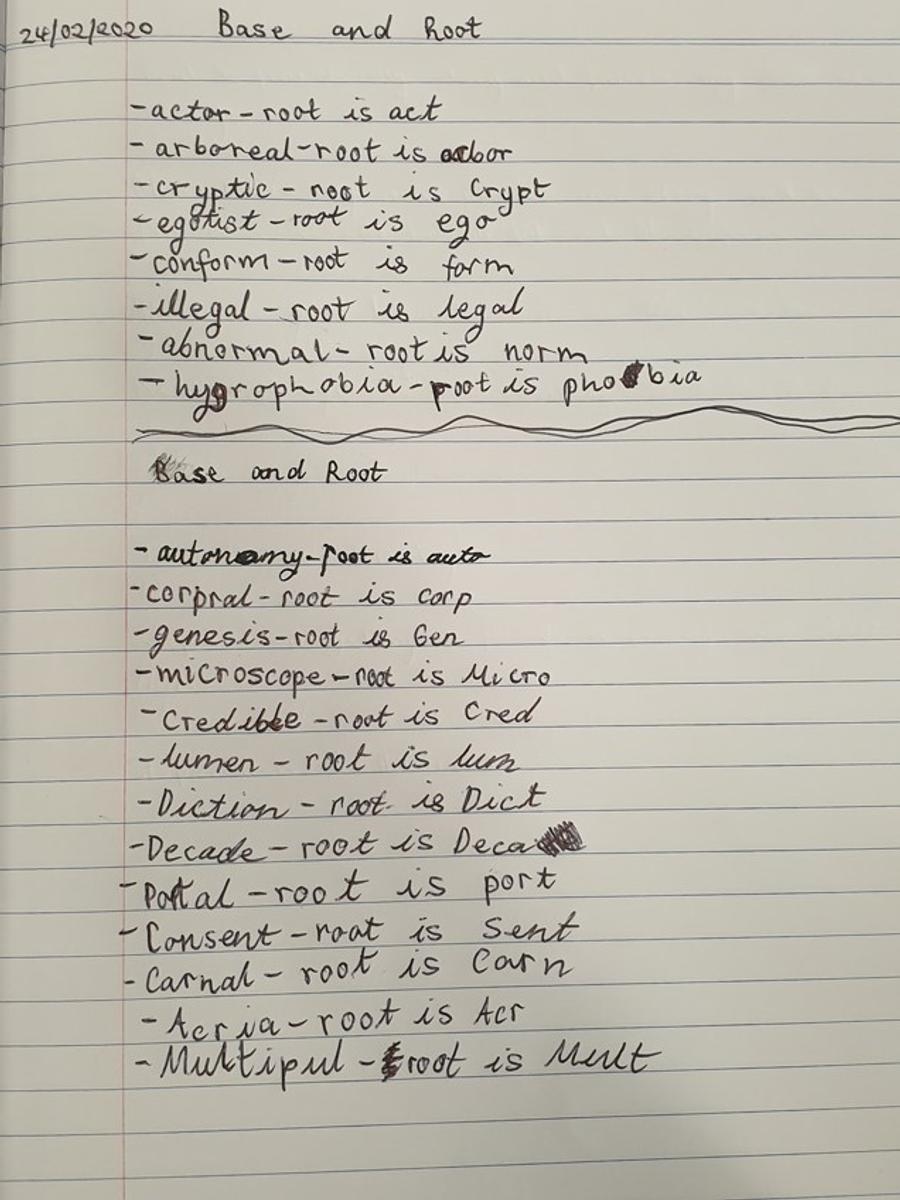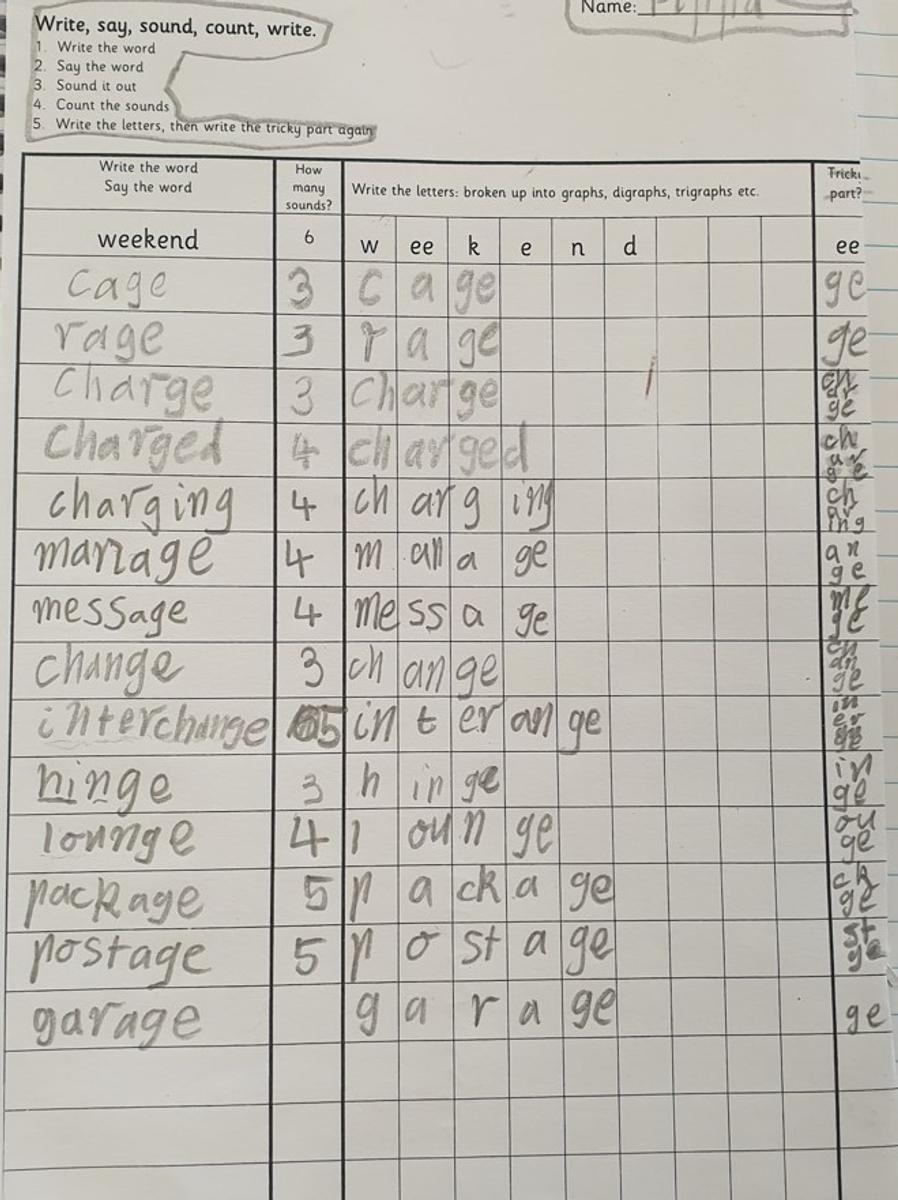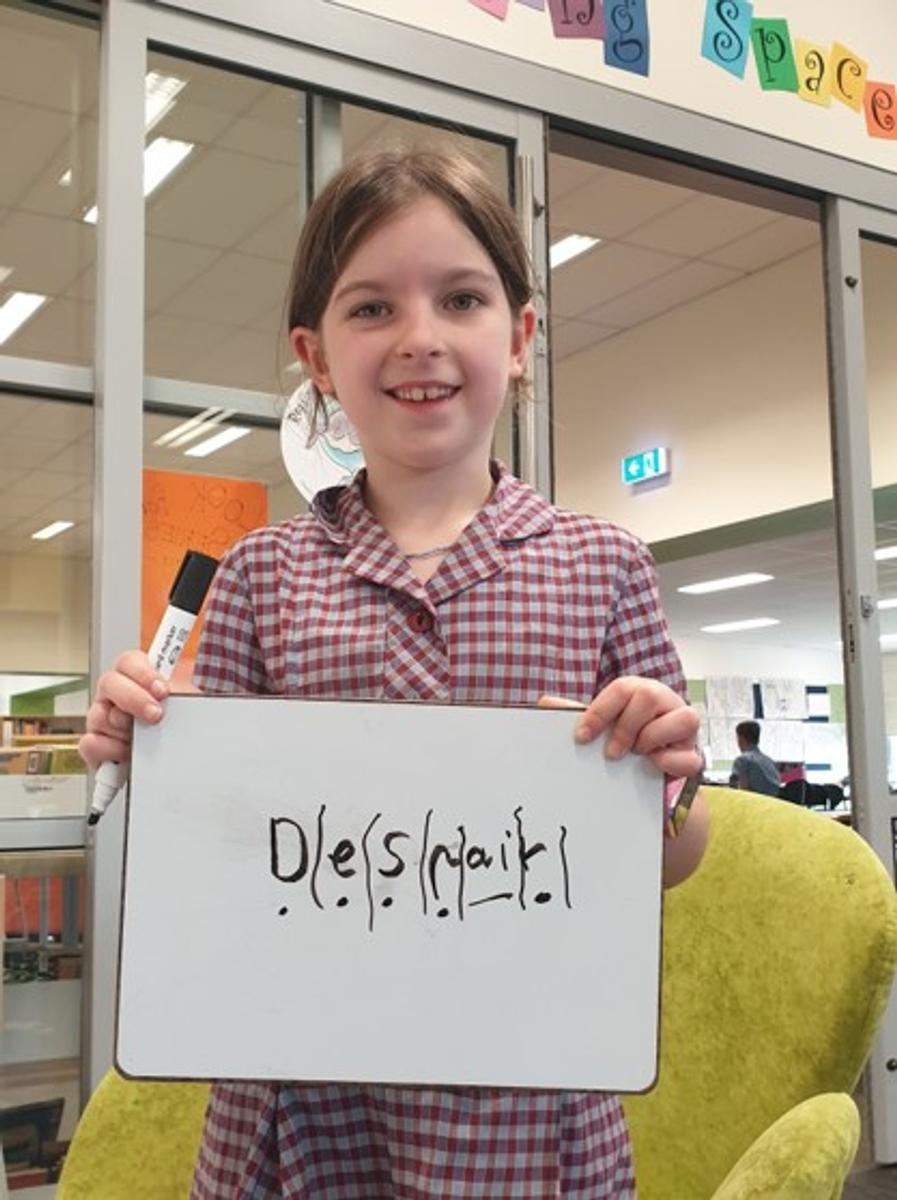PYP around our school
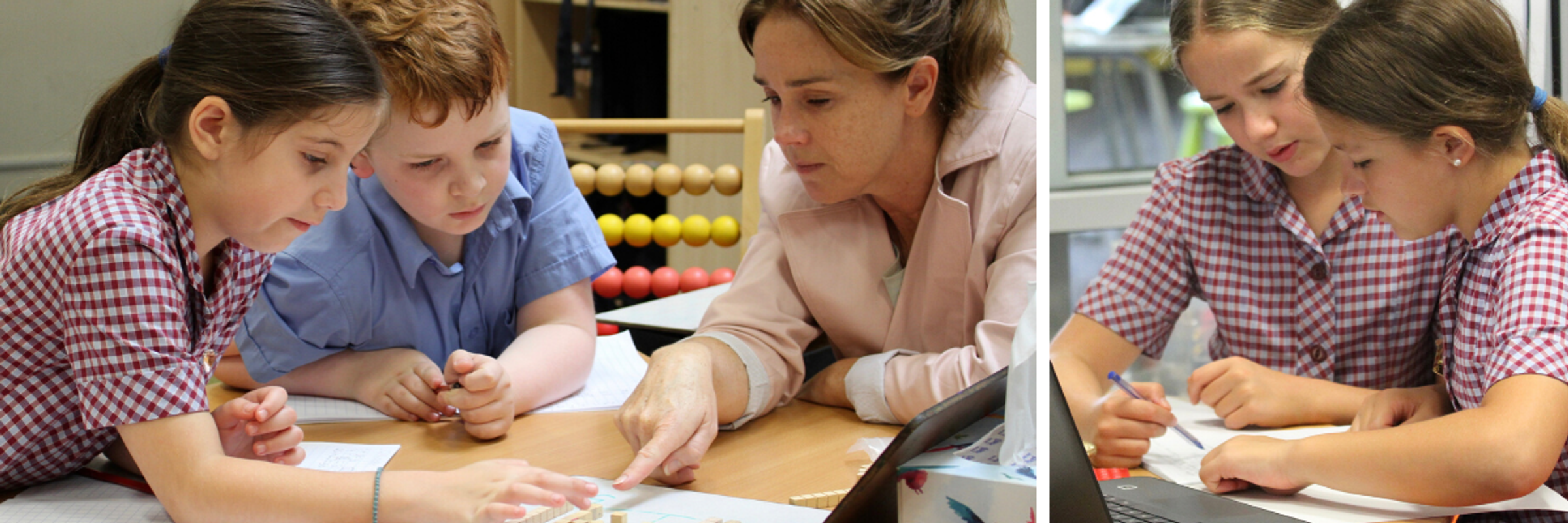
International Mindedness
In the last newsletter, I wrote about the IB learner profile and how the attributes of the profile were being explored by the students and teachers at our school. This year we have chosen the theme ‘International-mindedness’ as a way of promoting our PYP candidacy and helping the students and school community develop an awareness of our own and others’ place in the world. The IB learner profile is one way we are helping students develop international-mindedness.
Our Year 5/6 students define international mindedness as:
Thinking of others and trying to help people (Sophie)
Trying to be open to new ways of doing things (Audrey)
Thinking outside of just ourselves (Gab)
Respecting people from other places and celebrating diversity (Lila)
Dr. Chris Muller aptly describes international-mindedness as:
International-mindedness is a view of the world in which people see themselves connected to the global community and assume a sense of responsibility to its members. It is an awareness of the inter-relatedness of all nations and peoples, and a recognition of the complexity of these relationships. Internationally-minded people appreciate and value the diversity of cultures in the world and make an effort to learn more about them.
They exhibit personal concern for people all around the world, and this manifests itself in a sense of moral responsibility to other people, and a commitment to the values of a community. They are aware of the long-term consequences of human behavior on the environment and on global society.
In this sense, international-mindedness is both about awareness and action. Students are St. Columba’s are demonstrating international-mindedness when:
They make sure they are recycling using the correct ‘bins’
They stand up for others when they see injustice
The contribute to make the world a better place in any way they can, for example, by giving to Cartitas Project Compassion
They pick up rubbish if they see it
They show interest in others’ and appreciate differences and similarities between people
They treat others the way they would like to be treated
There are many simple ways you can promote international mindedness with your child. These include:
Reading books together with characters of a different culture to you
Brainstorming actions we can undertake to help others. This would be ideas that would help people we already know or peoples unknown to us
Discussing stereotypes and the way that we can’t make generalisations about whole groups of people
Expose students to different ways of living and rituals around the world. Talk about appreciation and tolerance.
Take part in initiatives that help others and the environment e.g. Clean up Australia day
Recognise significant days within and outside Australia e.g. Sorry Day, Ash Wednesday, Ramadan. This does not mean you need to ‘celebrate’ these events. You may just talk about them and the ways they are celebrated around the world
PYP Parent Forum
A flexibuzz was sent out on February 17th to invite parents to a PYP forum that will take place on March 3rd at 2.45pm which will be attended by Daniella, myself and our IB consultant Dr. Marcia Behrenbruch. If you would like to attend this forum please email me by Monday at bdobric@scelwood.catholic.edu.au
Literacy
How many phonemes are there in the word ‘writing’?
What is a trigraph?
Is the word ‘box’ a base word?
What suffixes or prefixes can be added to the word happy?
How can vowel suffixes change a base word?
What is the etymology of the word ‘Friday’?
It wasn’t until I was at university that I truly recognized the language needed to understand linguistics and spelling. I had grown up as an average speller and understanding language better as an adult has been vital to helping me develop strategies that assist me in making more reasonable and correct attempts at unknown words. It also inspired in me a love of words, an interest in the etymology behind words and their story, and encouraged me to expand my vocabulary.
This explicit understanding of language and the terminology needed to analyse words is key to spelling. Over the past few years, we have placed an emphasis on ensuring we use and teach the correct terminology when discussing writing and spelling. This year we have boosted this focus by ensuring our P-6 approach to spelling is consistent.
Here are some examples of the type of work we are doing in spelling:
It is not very useful, however, to be expanding our vocabulary and spelling knowledge if we are not using the words we learn in our writing. Students around the school are well into their first units of writing. They are focused on concepts such as understanding mentor texts, ways authors generate ideas and topics for writing, describing characters and writing powerful narratives and creating suspense.
Writing Competition
Students around the school also have the opportunity to submit an entry into a writing competition. This competition is optional. Students can submit either a short story (less than 500 words) or a poem (less than 16 lines). To enter students must email me there typed piece with their full name and age by March 28th. My email is bdobric@scelwood.catholic.edu.au

